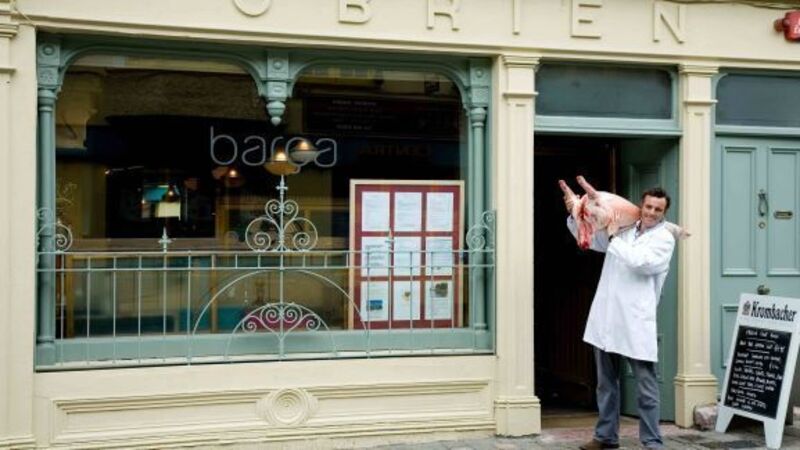The secret to foodie success

IT IS an especially fraught time to be opening a restaurant in Ireland. According to a recent Restaurant Association of Ireland (RAI) members survey, just 20% are making a profit and though closures are down 25% from the 2010-11 rate of one per day, high profile casualties continue with two more high-profile restaurants, Alexis in Dublin and Galway’s Cava, calling it a day only last month.
“The other 80% are surviving,” says RAI CEO Adrian Cummins, “because they are putting their life savings back in, looking at the long term, hoping for light at the end of the tunnel — but for how many more years will this tunnel continue with no support whatsoever from local authorities and zero incentive from the State?”












